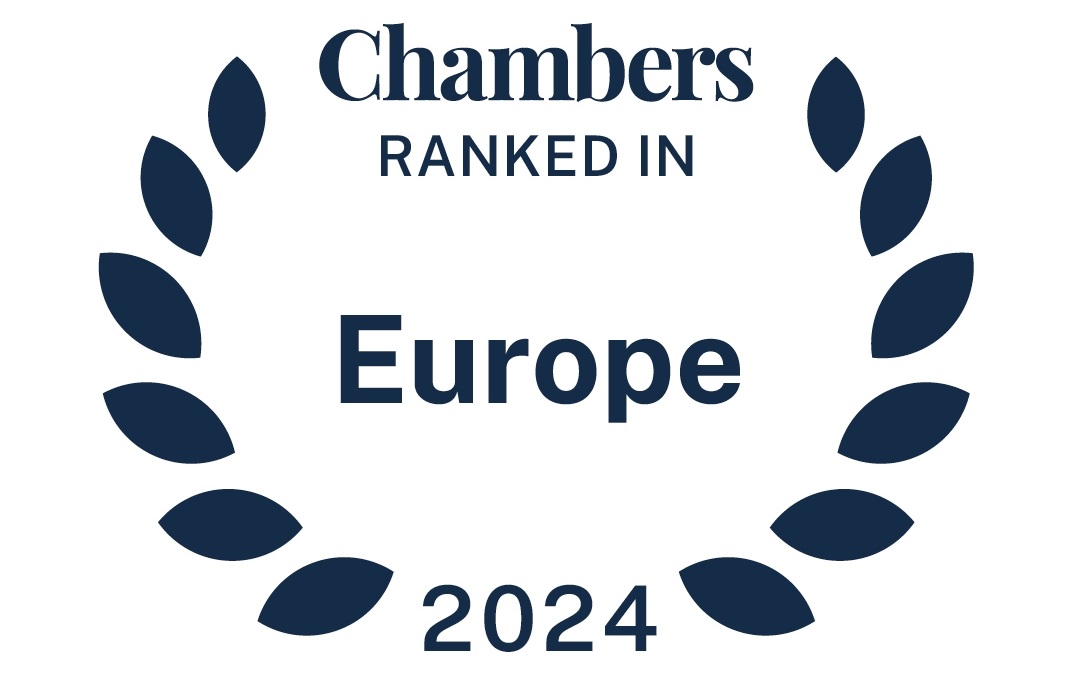What’s New?
In the second quarter of 2025, EU and UK sanctions policy continued to take shape against a complex and shifting geopolitical backdrop. The European Union sharpened its focus on Russia’s ‘shadow fleet’ by proposing new sanctions, while also launching a Helpdesk to support small and medium-sized enterprises in navigating compliance requirements. Meanwhile, the United Kingdom imposed new restrictions on the provision of business software and technology to Russian entities and individuals, accompanied by detailed guidance for industry.
Beyond Russia, the European Union, United Kingdom, and United States maintain a coordinated and cautious approach to easing sanctions on Syria, following the fall of President Bashar al-Assad’s regime.
In this Q2 Sanctions Update, our global team provides an in-depth look at key developments introduced between March and May 2025 – highlighting what these changes mean for businesses across affected sectors.
Click here to read the full [...]
Continue Reading
read more

 Subscribe
Subscribe


